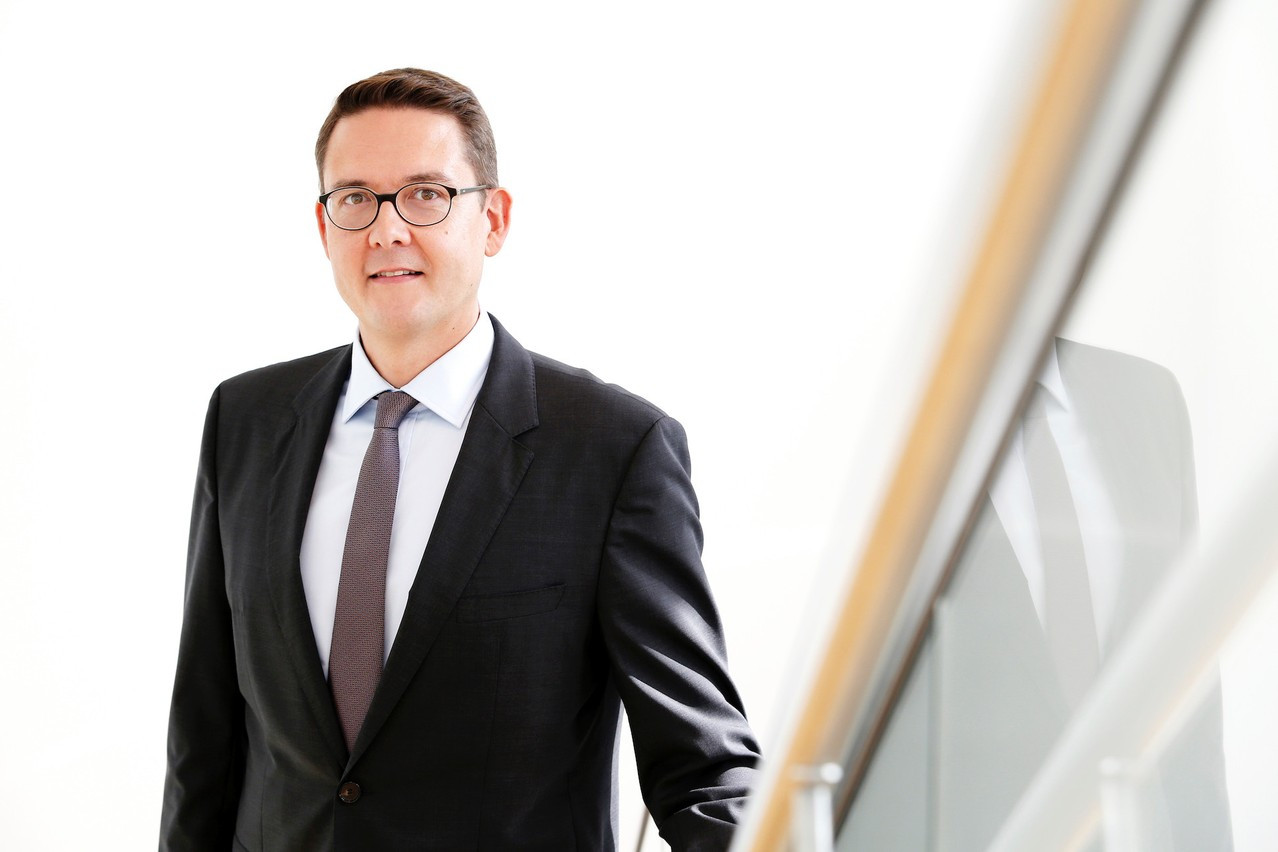The rebound that began in the second half of 2020 will not have survived the resurgence of the epidemic and new health restrictions implemented on national levels. These aspects weigh on the catch-up momentum economists had been hoping for. As a result, in the euro area the loss of activity caused by the covid-19 crisis will probably not be erased before the end of 2021.
“However, there are reasons to show cautious hope for the economy in 2021,” Nosbuch said, citing the vaccination campaign which he says “should reduce the risks of disruption…[and] decrease the uncertainty surrounding the economic outlook. This gives hope for a significant rebound in demand and activity in the second half of the year.”
He nevertheless remains cautious, insisting on the possible persistence of uncertainties linked to the health crisis.
Anticipating a virtuous circle
These uncertainties can be seen on the part of households, mainly in anticipation of unemployment. “Despite numerous measures to maintain employment, including partial unemployment, which have made it possible to curb the rise in unemployment, the assessment of the employment market outlook by European households has again deteriorated recently."
It’s a pessimistic turn which, in the short term, could curb spending and encourage saving as precautionary measures. Only when the outlook improves will households be tempted to tap into the savings they might have accumulated since the first lockdown to consume and invest.
It’s a virtuous circle that companies are waiting for. For them, “it’s important to have visibility over a fairly distant horizon. This will determine their decisions in terms of investments and recruitment."
The risk is that companies which have taken on a lot of debt, following the loss of turnover due to containment measures, could favour deleveraging over investment. "On the other hand, profitable companies with strong balance sheets and for which the outlook for demand is improving may increase their investments, which should have positive spillovers in other sectors."
The growth rebound expected for 2021 for the euro zone (+3.8% compared to a decline of 7.8% in 2020) will continue in 2022, with inflation that will remain below the European Central Bank's 2% target. In emerging countries, on the other hand, inflation will remain high for a level of growth equivalent to those expected in the euro zone.
Structuring effects of the crisis
The covid crisis had a strong economic impact. But it will also have profound long-term consequences, Nosbuch believes. “The economy is going to see shifts on the supply side, with the shifting of value chains to build resilience to shocks. Further developments are expected on the demand side. Some new consumption habits that appeared during the lockdown--such as the extensive use of e-commerce--could continue.
“This development is particularly important at the sectoral level. We can indeed wonder how teleworking will influence the demand for offices, what the impact of online purchases will be on the demand for sales areas, that of video streaming on cinemas, theaters, stadiums, or the repercussions of videoconferencing on business travel. The long-term growth prospects for some industries could be significantly different.”
But another great problem before the crisis has not lost its importance: global warming is accelerating, and for Nosbusch the only solution is the gradual abandonment of fossil fuels. “The current health crisis could be an opportunity to move things in this direction,” he explains. “In Europe, the stimulus packages focus on green investment. This makes the 26th United Nations Climate Change Conference (COP26), which will be held in Glasgow next November, all the more important. On this occasion, countries should agree to further tighten targets for reducing greenhouse gas emissions."
This article was originally published in French on Paperjam.lu and has been translated and edited for Delano.
